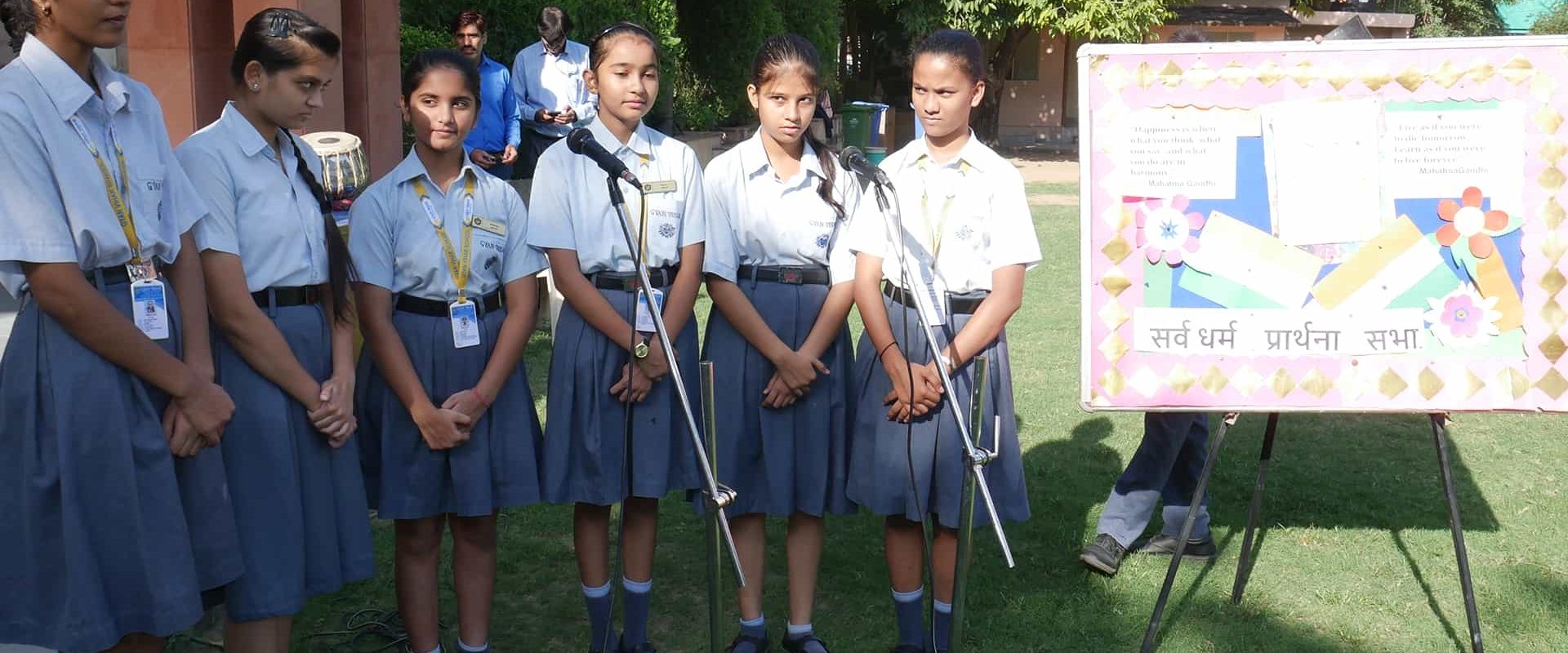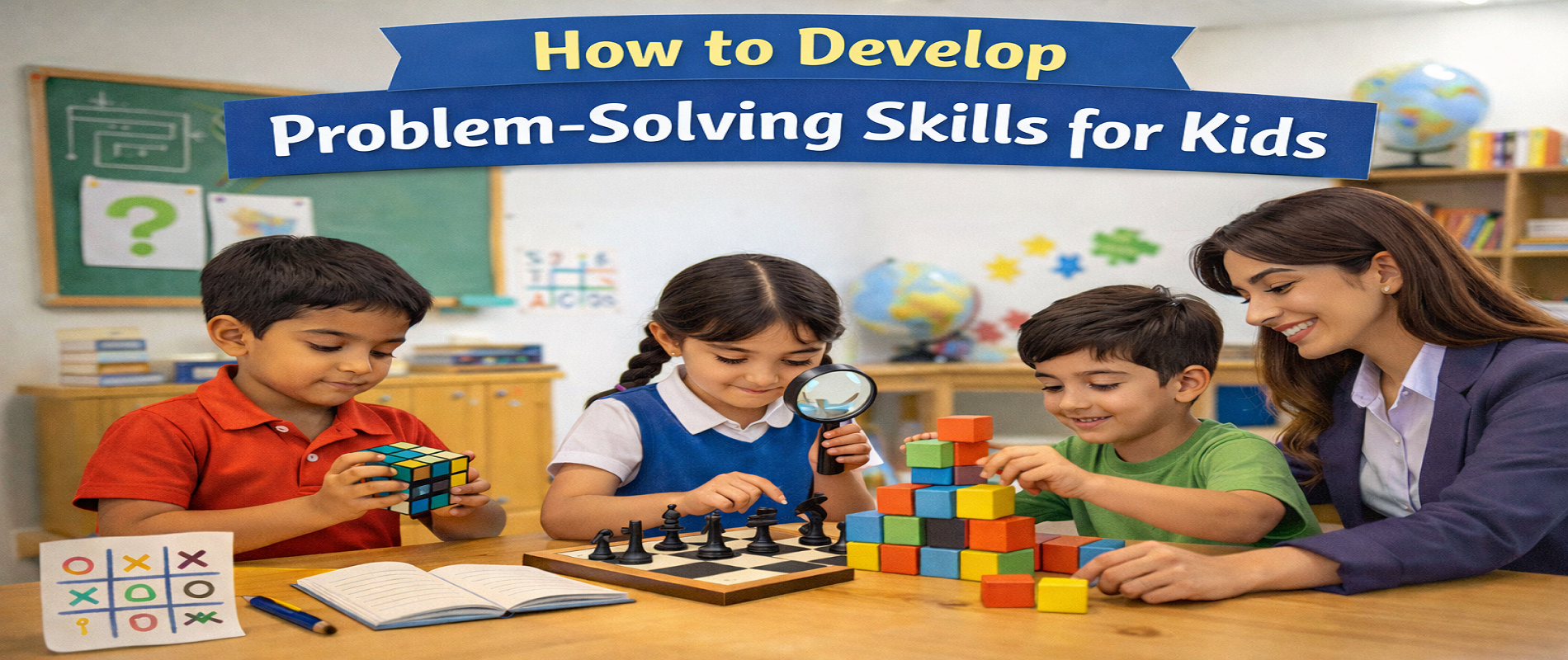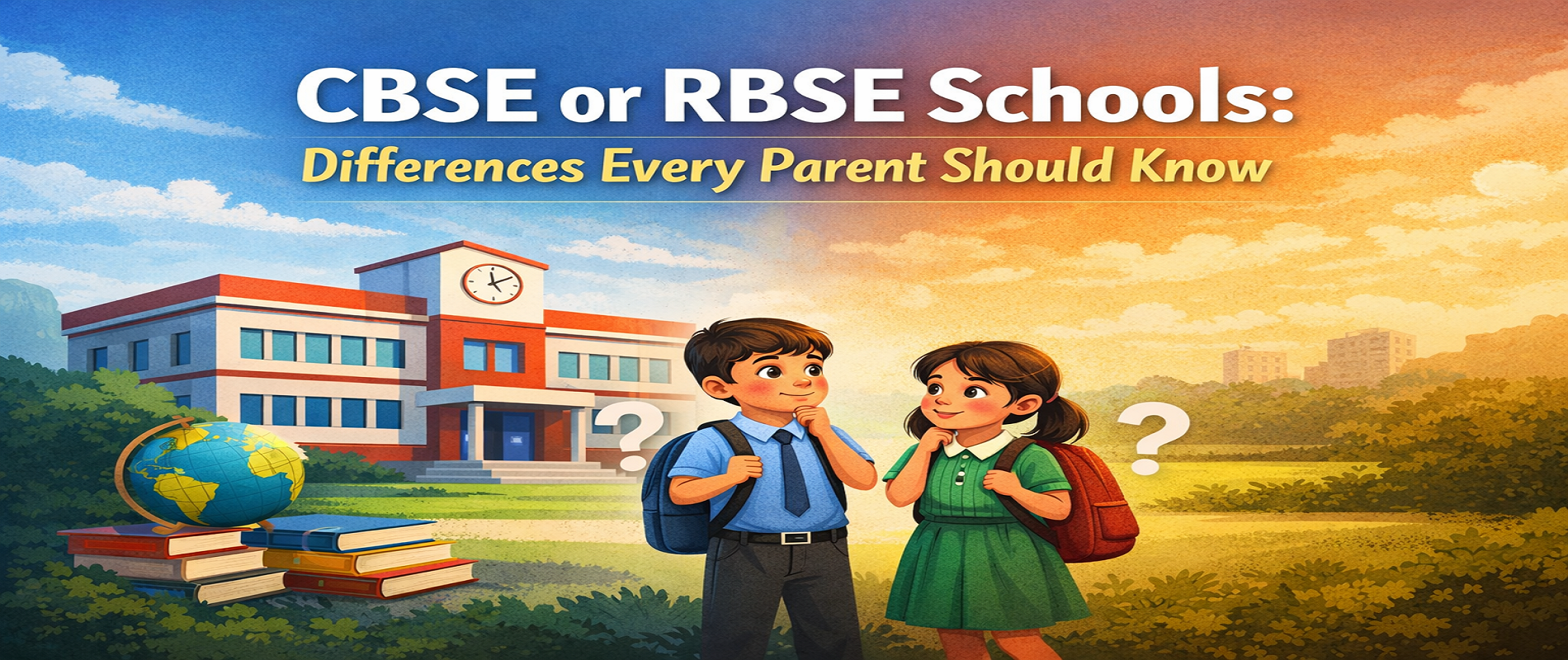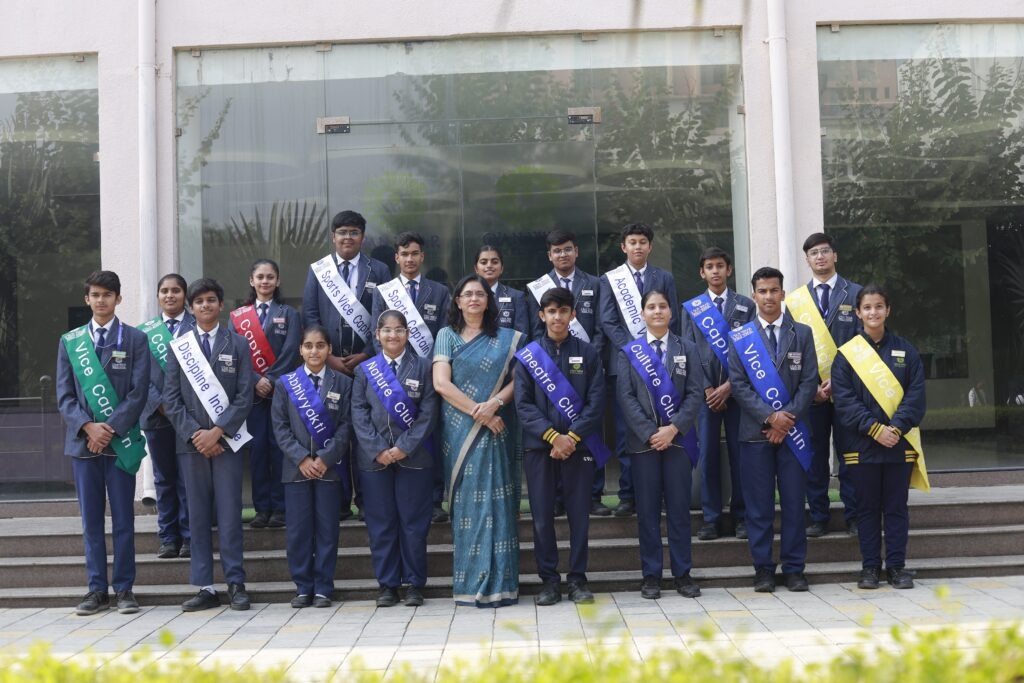Gandhi Jayanti is not just a date on the calendar; it’s a reminder of the transformative power of one man’s vision and principles. Mahatma Gandhi, often referred to as the “Father of the Nation,” left an indelible mark on India’s history and the world at large. As we celebrate this significant occasion, Gyan Vihar World School, a reputable CBSE school in Jaipur, aims to delve into Gandhi’s message and its relevance for today’s students. This blog post explores how his philosophies can inspire and guide young minds toward positive change, both on a personal and societal level.
Understanding Mahatma Gandhi’s Philosophy:
At the heart of Mahatma Gandhi’s philosophy lies the principle of non-violence or “ahimsa.” He believed that real strength is derived from the ability to resist the temptation of violence in both thought and action. For students in today’s world, this message is profoundly relevant. The pursuit of knowledge and growth must be grounded in a commitment to peaceful and ethical interactions, fostering an environment of understanding and compassion.
Embracing Simplicity:
Mahatma Gandhi’s life was a testament to the power of simplicity. His lifestyle choices, including the spinning wheel (charkha) and wearing khadi clothing, were symbolic of his advocacy for self-reliance and a sustainable way of life. In a society often driven by consumerism, students can learn from Mahatma Gandhi’s emphasis on minimalism and responsible consumption. By embracing simplicity, they can reduce their ecological footprint and find contentment in the essentials.
Empowerment through Self-Discipline:
Mahatma Gandhi’s commitment to self-discipline demonstrated that true empowerment comes from mastering’s own impulses and desires. In the context of education, this lesson holds significant value. Students can channel their energies into focused learning and personal growth, understanding that self-discipline is the foundation for success in both academics and life.
Resilience and Perseverance:
Mahatma Gandhi’s journey was fraught with challenges, but his unwavering determination saw him through even the most difficult times. Today’s students face their own set of obstacles, and the lesson of resilience that Gandhi provides can serve as a guiding light. By viewing setbacks as opportunities for growth, students can develop the mental fortitude to overcome challenges and emerge stronger.
Social Responsibility and Service:
Mahatma Gandhi’s commitment to social causes and service to the community highlights the importance of giving back. As young individuals, students can actively engage in volunteering and community initiatives. Gyan Vihar World School, a prominent CBSE school in Jaipur, encourages students to understand their role in society and actively contribute towards positive change.
Inclusivity and Unity:
Mahatma Gandhi’s vision of a united India was rooted in inclusivity and harmony among diverse communities. This message is particularly relevant in today’s world, where divisive forces can sometimes prevail. By embracing diversity and fostering unity, students can contribute to a society where every individual is respected and valued.
Leadership through Example:
Mahatma Gandhi’s leadership style was characterized by leading through example. He practiced what he preached and inspired others to do the same. Today’s students can learn that true leadership is about authenticity, integrity, and leading by example. By embodying the values they believe in, students can become effective leaders who inspire positive change.
As we celebrate Gandhi Jayanti, it’s crucial to recognize that Mahatma Gandhi’s message isn’t confined to history books—it’s a guiding philosophy for today’s youth. His principles of non-violence, simplicity, self-discipline, resilience, social responsibility, inclusivity, and leadership through example can shape students into compassionate, empowered, and responsible individuals. Gyan Vihar World School, a prestigious CBSE school in Jaipur, is committed to instilling these values in its students, nurturing them to spin the wheel of change and create a better future for themselves, their communities, and the world.







